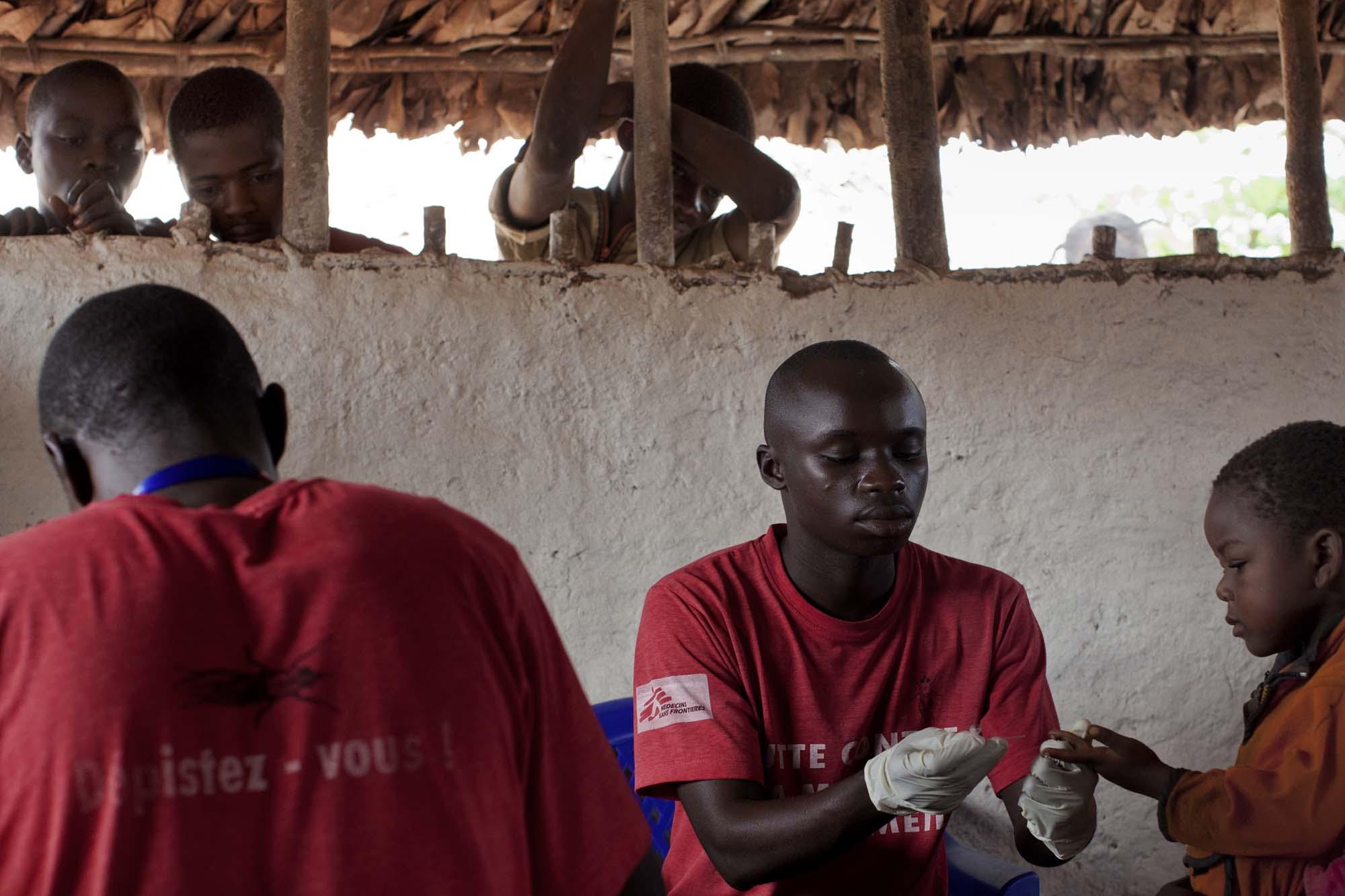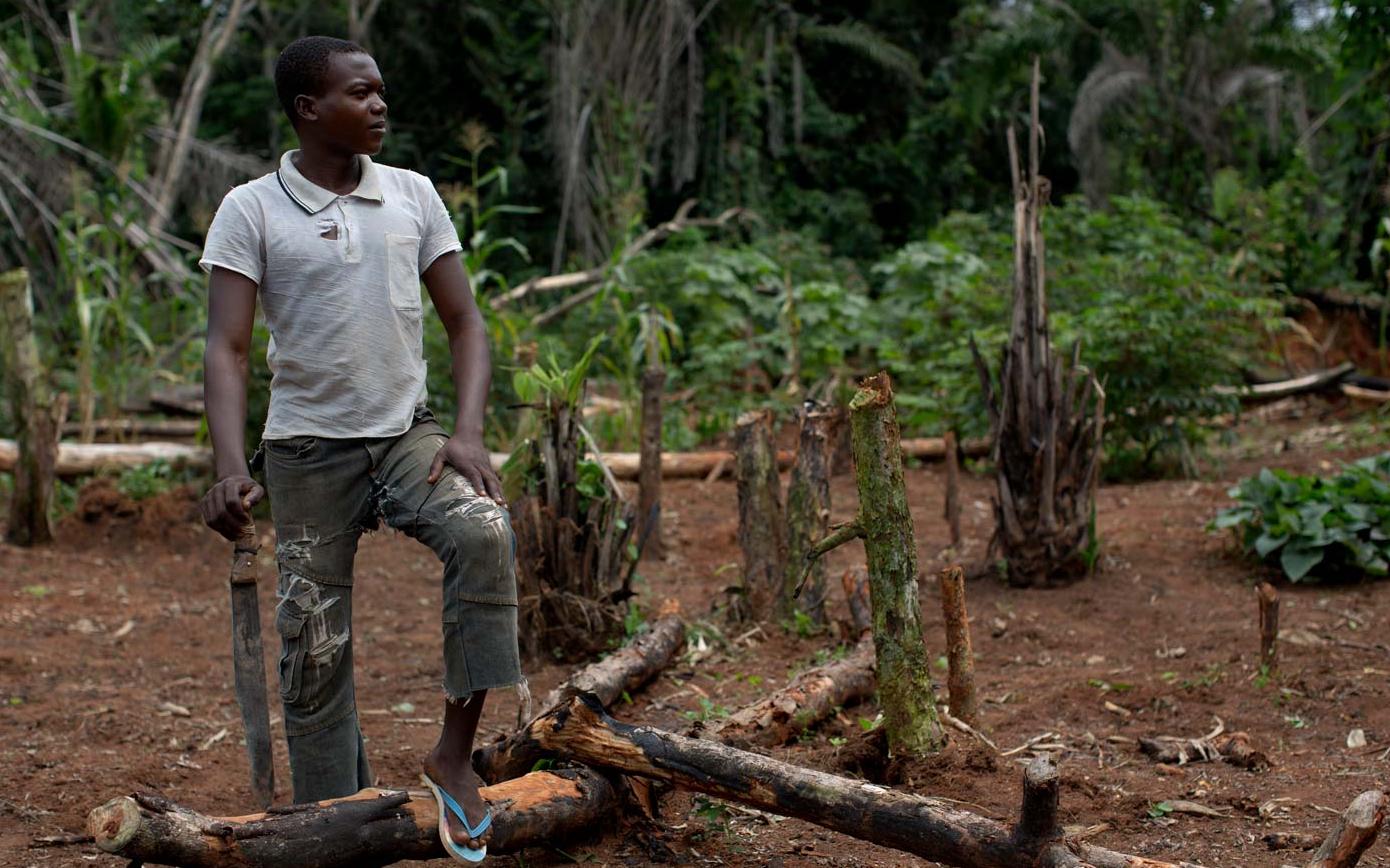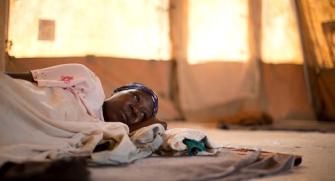Human African trypanosomiasis

Sleeping sickness or human African trypanosomiasis (HAT) is a vector-borne parasitic disease.In West and Central Africa, it is caused by the parasite Trypanosoma brucei gambiense, which accounts for 92% of cases; in East and Southern Africa, Trypanosoma brucei rhodesiense is responsible. It is transmitted by tsetse flies.
The choice of treatment depends on the form and stage of the disease. Since 1949, the a treatment based on melarsoprol was used focusing on the second phase of trypanosomiasis, which is responsible for 5 to 10% of encephalopathies, often fatal. In 2009, the nifurtimox-eflornithine combination therapy (NECT) was introduced to treat T. b. gambiense stage 2. This treatment is highly effective and without side effects of melarsoprol. However, eflornitine is administered by two injections per day for 7 days and is not effective against T.b. rhodesiense.
Fexinidazole: a simple, better-tolerated treatment
In 2018, the European Medicines Agency approved a new drug, fexinidazole, developed by DNDi. It is an entirely oral treatment in the form of a tablet to be taken for 10 days that is effective without any noticeable side effects for both stages of T.b. gambiense sleeping sickness. It eliminates the need for routine hospitalisation and reduces the number of lumbar punctures.
In 2019, as part of the HAT-r-ACC consortium, which brings together a wide range of partners specialising in sleeping sickness, including Epicentre, DNDi launched a trial to assess the efficacy and safety of Fexinidazole for the treatment of the T.b. rhodesiense form in the two countries where it is most common, Uganda and Malawi.
Data from the phase 2/3 clinical trial presented at the end of 2023 showed that Fexinidazole was highly effective in treating sleeping sickness caused by T.b. rhodesiense, and that it was a safe alternative to existing drugs. Follow-up assessments carried out regularly for 12 months after treatment indicated that only one patient (2.94%), who had reached the blood-brain stage of the disease, had relapsed and had to be treated with the arsenic derivative which is the reference treatment for the most severe stage of sleeping sickness. In December 2023, the European Medicines Agency issued a positive opinion on Fexinidazole as the first oral treatment for T. b. rhodesiense.
Acoziborole: Single-dose oral treatment

In November 2022 DNDi announced the positive results of the phase II/III study demonstrating the potential of acoziborole in the treatment of Trypanosoma brucei gambiense. This represents a further step towards simplifying treatment, since it can be administered in a single day and in a single dose of three tablets, but also towards eliminating the disease.
At the same time, the Acozi-Kids consortium, coordinated by DNDi and of which Epicentre is a member, is evaluating acoziborole in children. The administration of a single-dose oral treatment at the time of diagnosis would make it possible to avoid costly hospitalisations in specialised health centres, painful lumbar punctures and treatment by injections. The treatment would be easier for children to follow and, by offering the possibility of being administered directly at the point of diagnosis, it would considerably reduce the time between diagnosis and treatment, which could help to halt the progression of the disease and prevent neurological disorders in this population. The first child was included in the trial in July 2022 in the DRC.







